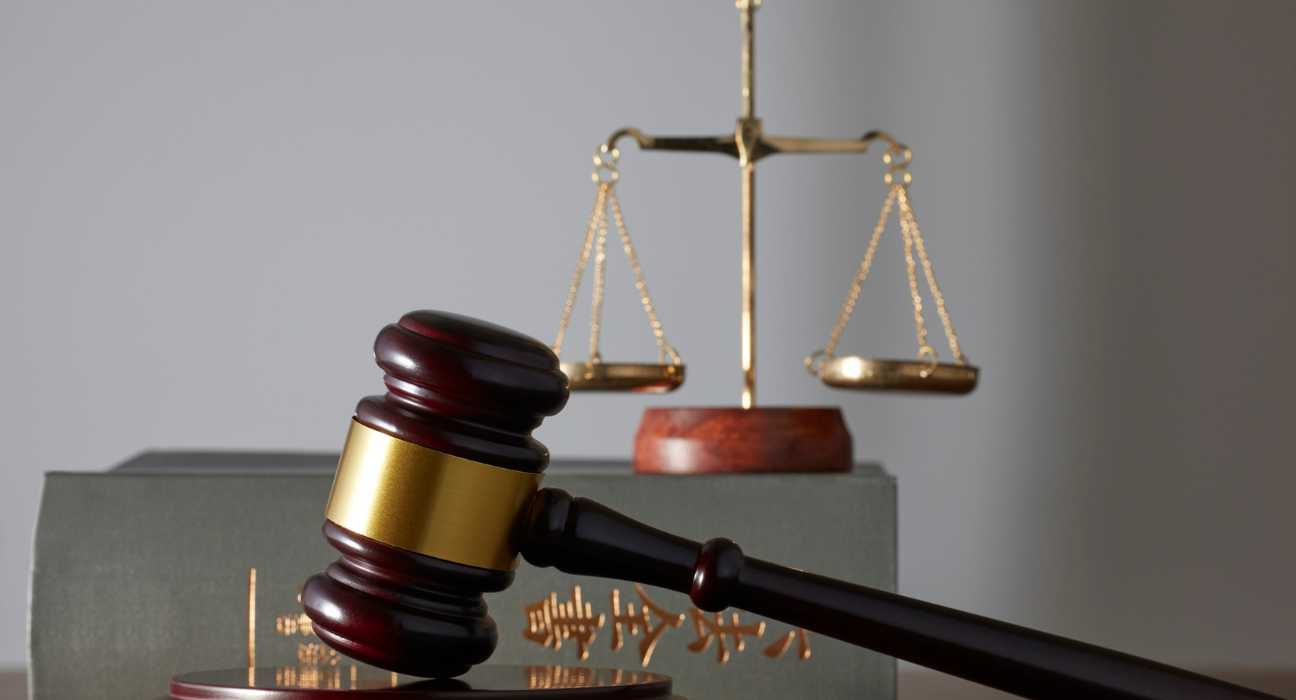Testifying in a criminal case can make anyone nervous. Your biggest fear is mistakenly saying something that could get you in trouble. But with immunity, a witness can share important information without the risk of being prosecuted for what they reveal.
The two main forms of immunity in the US court are transactional and use immunity. Transactional immunity protects witnesses from prosecution for testimony-related matters. While immunity protects witnesses from government use of their remarks, it does not prohibit prosecutors from pursuing them if they find independent evidence of a crime. It encourages people to cooperate with the justice system when uncovering tools.
Let’s talk more about transactional immunity vs. use immunity and determine how the legal system balances fairness and accountability.
Understanding the Concept of Immunity
Some might think of immunity as simply being a legal term. But for witnesses, it is an important tool that serves as protection when they come forward to reveal crucial information. This means they can step up and share about a crime without fear of prosecution.
Immunity creates a safety net that encourages people to speak up and forms a community where the truth wins. By understanding immunity, you feel free to contribute to something wonderful and to protect the community.
Types of Immunity in Criminal Cases
There are many forms of immunity used for different criminal aspects. You may encounter transactional immunity, which applies when your testimony is related to the wrongdoing. This means that you can be infinitely free in speaking of your involvement without fear or worry of any legal repercussions.
The use immunity, on the other hand, will only protect you against the use of your testimony in court, although it does not give you an absolute immunity from prosecution for committing a separate crime. These types of immunity should prepare you better and encourage cooperation by creating a community where witnesses and the justice system collaborate.
The Process of Granting Immunity
An immunity grant involves a procedural course of action, where usually the prosecutor assesses the value of the witness’s testimony. To start, you meet with the prosecutor about your potential role in the case. They will evaluate how much information you can present and how vital it is.
If the prosecutor thinks that your statement is very important, they will offer you immunity in exchange for your information.
After that, you would have to testify, either in front of a grand jury or in court. Even though you may feel alone, it is the attorneys’ job to keep you safe while they look for the truth.
The Impact of Immunity on Witness Testimonies
A witness is at ease when they know that what they say can’t be used against them in court because they have been given protection. Being a witness gives you the right to an open and honest conversation where you can talk about very important pieces of evidence in the case.
When people think they might get immunity, cases are closed, which builds trust in the justice system.
Legal and Ethical Considerations Surrounding Immunity
While immunity can help get unwilling witnesses to testify, it may also create an environment where lying is more likely to happen.
Witnesses can be at risk of self-incrimination if they are involved in crimes or have information that could lead to personal legal consequences. According to criminal defense lawyer Justin L. Ward, they need to consult a defense lawyer to fully analyze your situation and identify possible defense strategies and ensure your testimonies are given safely to avoid criminal liability.
A lot of the time, legal systems have to balance making sure that witnesses are safe with making sure that justice is done. The people shouldn’t see immunity as a “get out of jail free” card because that hurts trust.
The goal of giving protection should be to make a justice system that protects witnesses while also looking for the truth.
Immunity makes sure that judges can hear important details that might not be told because

